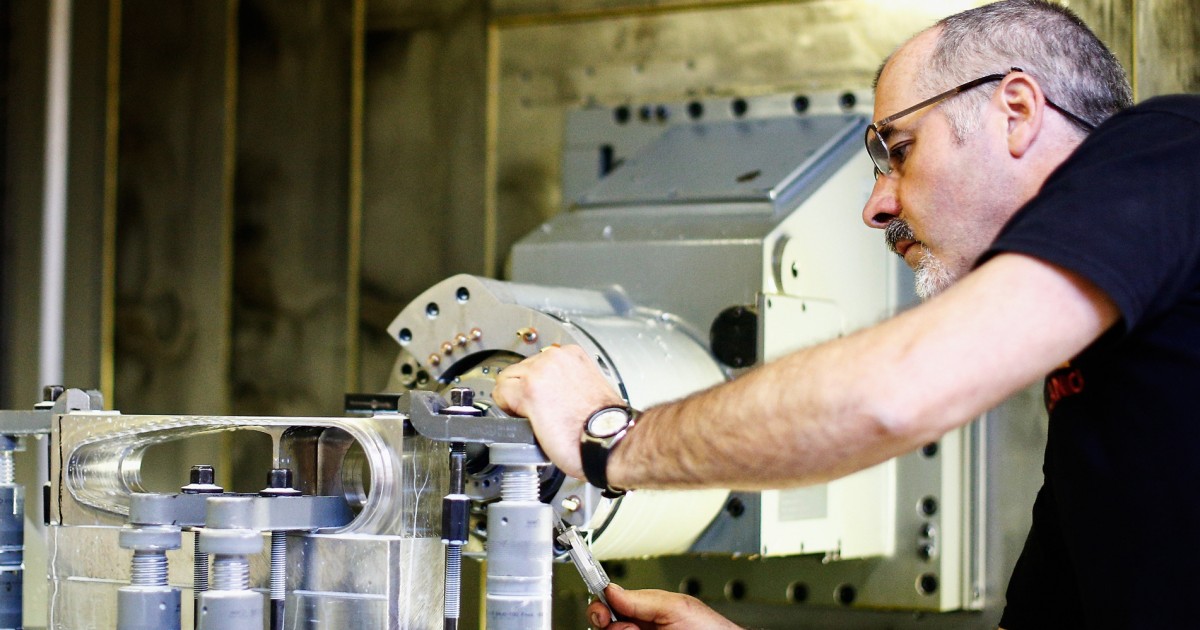
SNR
SNR stands for Signal-to-Noise Ratio, which is a measure of the strength of a signal relative to the background noise. In space and astronautical engineering, SNR is an important parameter for communication systems, as it determines the quality of the received signal. A higher SNR indicates a stronger signal and better communication quality, while a lower SNR indicates a weaker signal and poorer communication quality. SNR can be improved by increasing the signal power or reducing the noise level. In space applications, SNR is particularly important for deep space communication, where the signal strength is very weak due to the long distance from Earth. In such cases, specialized antennas and signal processing techniques are used to improve the SNR and enable reliable communication.
Your Previous Searches
Random Picks
- Planetary Exploration: Planetary exploration is the investigation of the planets, moons, asteroids, comets, and other celestial objects in our solar system and beyond. It involves the use of robotic spacecraft, landers, and rovers to gather data and samples from ... Read More >>
- Backup Systems: Backup systems refer to the redundant systems or subsystems that are designed to take over the primary functions of a spacecraft or a satellite in case of a failure or malfunction. These systems are critical for ensuring the safety and succ ... Read More >>
- Deflection: In space and astronautical engineering, deflection refers to the deviation of the trajectory of a spacecraft or a celestial body from its original path due to the gravitational pull of other celestial bodies or other external forces. Deflec ... Read More >>
Top News

A day at Uranus just got 28 seconds longer...
A day at Uranus just got a little longer...
News Source: ABC News on 2025-04-07

SpaceX's Fram2 returns from first-of-its-kind mission around Earth's poles...
The Fram2 mission, paid for and led by a cryptocurrency billionaire who is flying with three guests, has returned after a journey on a unprecedented polar orbit....
News Source: CNN on 2025-04-04

Scientists release plans for an even bigger atom smasher to address the mysterie...
GENEVA — Top minds at the world’s largest atom smasher have released a blueprint for a much bigger successor that could vastly improve research into the remaining enigmas of physics....
News Source: NBC News on 2025-04-01

Scientists release plans for even bigger atom smasher along the French-Swiss bor...
Scientists at the world’s largest atom smasher have released a blueprint for a much bigger successor that could help solve enigmas of physics, starting in the mid-2040s at a cost of about $16 billio...
News Source: ABC News on 2025-04-01

The 'Blaze Star' hasn't exploded yet, but it could soon...
T Coronae Borealis has an outburst every 79 to 80 years, according to NASA....
News Source: ABC News on 2025-03-28